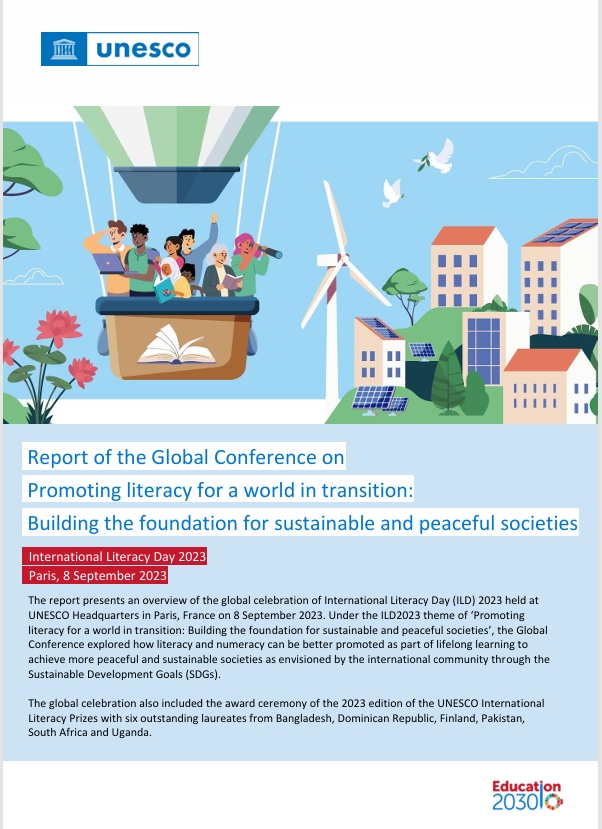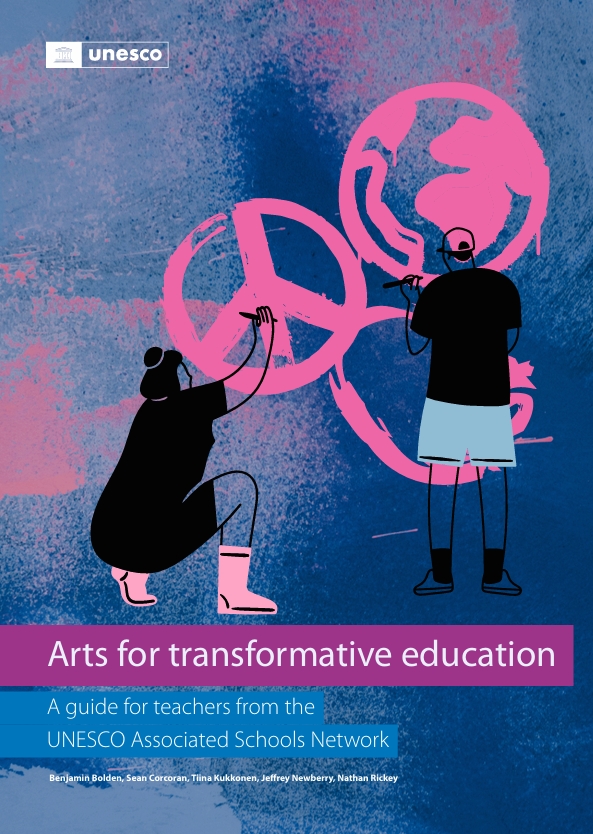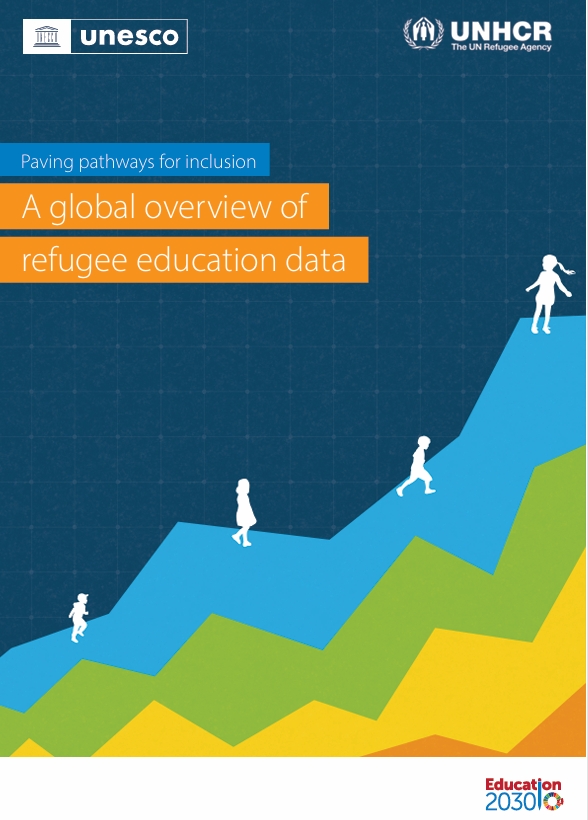Story Source: Thrive Global ~ Go to Original Article
Your child’s DNA is not destiny; you are at the helm, guiding his course. The truth is that nature and nurture are in a delicate dance akin to Fred and Ginger’s famous choreography: if one goes too fast, the other one falls. Science tells us that early childhood experiences actually have the capacity to structure and alter the brain. That means you didn’t just supply your child’s DNA-you’re still shaping it, and it’s only by wielding that power that your child will activate his full potential. You are truly a gene therapist, manipulating and guiding your child’s genetic makeup, based on the experiences you create for him. The longer you abdicate your power to shape your child’s genetic makeup after he’s born, the more you leave his development to chance. In this chapter, I’ll explain the nuances of your secret parental power–and teach you how to harness its full potency.
As a human behavior expert and family and child development special ist with a PhD in psychology and an EdD in education, I am often asked to comment on how parents can awaken their child’s potential……………..






